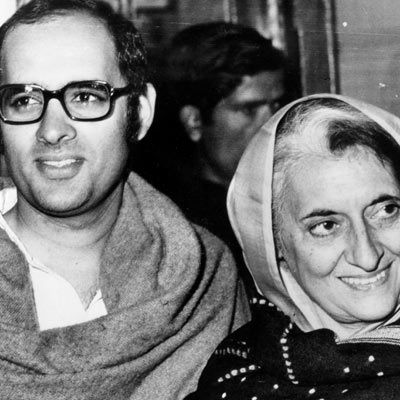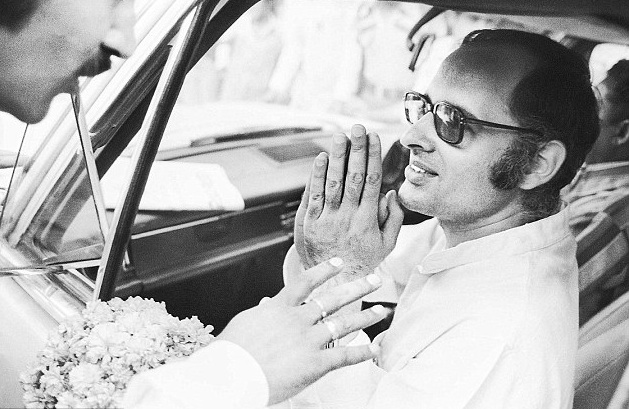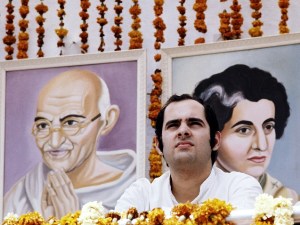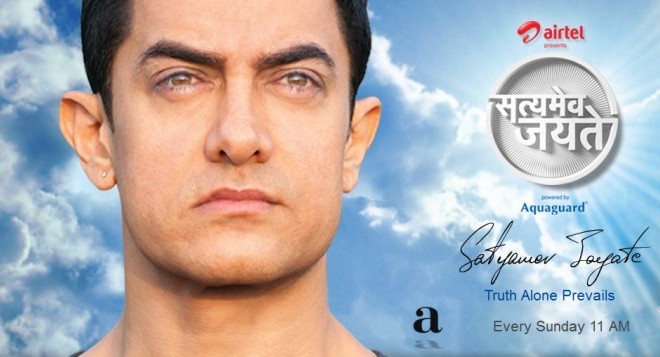During 1970s when the US administration was under Richard Nixon, there not only was a dislike for the then Indian Prime Minister Indira Gandhi, but also for her close aide and specially selected ambassador to U.S. in 1973, T.N. Kaul. The U.S. ambassador to India in 70s, Daniel Patrick Moynihan termed Kaul was a Kashmiri Brahmin who was arrogant, untrustworthy and pro-Soviet. This was said in his cables to the US State Department that were accessed by the transparency-oriented organization, WikiLeaks.
Questioning roles of T.N. Kaul and Y.B. Chavan
In his cable sent on March 17, 1973, Moynihan told that Kaul was heard to be shrewd in his dealings with Westerners. In another cable, G.L. Mehta, who was a former Indian ambassador to the United States, also showed his disagreement to appoint Kaul at this post. But, the cables also pointed out that Kaul was an appointee by the Prime Minister herself, and could sway with the government policies for maintaining relations with the U.S. Moynihan also wrote about the then Indian finance minister Yashwantrao Chavan. He told that Chavan had his own political base and was considered Indira Gandhi’s rival.
Platitudes for Indian begging bowl
According to latest leaked cables of WikiLeaks, some U.S. diplomats believed that an Indian visit of Leonid Brezhnev (Soviet president) in 1973 to sign a friendship treaty only fetched platitudes for the “Indian begging bowl,” and India’s repeated request for grains was turned down.
No security reduction for Indian embassy
During the troubled relationship times in 1973 between India and the U.S., the American state department thought of cutting down Indian embassy’s security in Washington DC. However, in a cable from Moynihan, it was suggested that the Indian government would not take this step kindly as India had been providing tight security to the U.S. ambassador, embassy and the visiting diplomats.
Anti-American political developments
Several diplomatic cables from WikiLeaks indicate that America had been keeping a watch on Indian political developments and the favorable attitude of Indira Gandhi toward Soviet Union. One of the cables termed Gandhi as “completely unpredictable.” It also said that she was verbally attacking “foreign critics,” including the U.S. about their objections to India going nuclear. In another cable, Gandhi’s political style assessment reflected a “slow authoritarian shift,” while it was in American interests that democracy flourished in India. There were some cables written by Moynihan during 1973-1976 that indicated Gandhi as inconsiderate and unappreciable of positive American efforts made for India.
Later in the time, a cable also showed that the U.S. thought of India being irrational on the Pakistan’s unity issues and that India was just supporting Pakistan intellectually. Another issue that was reflected in the cables was regarding India’s struggling food security situation in 70s. The cables reveal that India had huge problems with the U.S. food aid, and the main issue was contamination of milo and wheat grains due to the presence of “Jimson weed seed.” There even were uproars in Indian Parliament over the issue.
Limiting Soviet effect through YB Chavan
A September 1975 cable revealed that the U.S. wanted to use YB Chavan, who had become India’s foreign minister by then, for limiting the influence of Soviet Union in India, as well as for repairing its own upset relations with India. Along with that, they wanted to let India know that an improvement in relations should not lead to over-expectations in terms of benefits. The U.S. also indicated to Chavan about their relations with countries like Soviet Union, China, Bangladesh and Pakistan.
U.S. sources in PM’s household and nasty stories about Sanjay Gandhi
A diplomatic cable from June 1975 indicates that the U.S. even had sources deployed within the house of Indira Gandhi who used to provide insider information. The cable tells about the agenda behind some key ministers’ transfers during Emergency in India. It shows that America talked to their sources inside Gandhi’s house who informed them that these ministers were those who had opposed the Emergency declaration, and the people who wanted to keep Gandhi in power were her secretary Dhawan and her son Sanjay Gandhi.
A cable dated July 24, 1975 revealed about some rumors that spread soon after Emergency declaration. It said that the West Bengal CM, Siddharth Shankar Ray was distanced from the PM’s circle due to some issues with Sanjay Gandhi. A December 1975 cable shows that Sanjay Gandhi had been widening his personal impact by placing his men in power positions, which was a strategy that could backfire as the Leftist parties were facing discontent. Some other cables showed that America had been closely tracking the social and business activities of Sanjay Gandhi.






